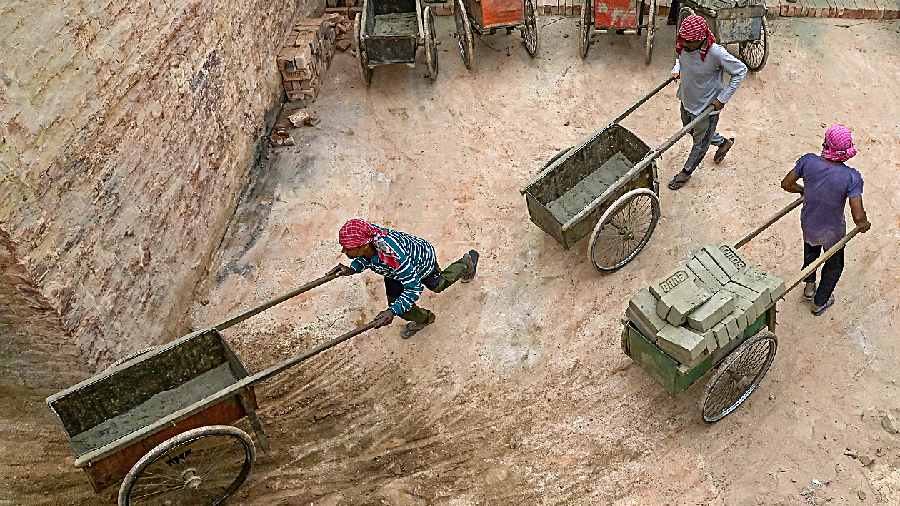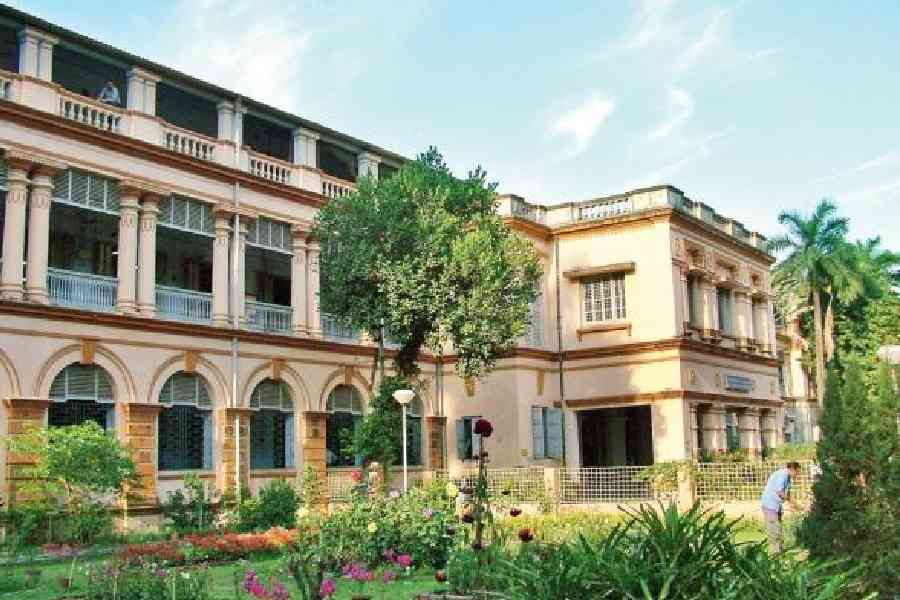The Union budget has reduced the allocation for the rural job scheme under the Mahatma Gandhi National Rural Employment Guarantee Act (MGNREGA), leaving the working class worried.
The scheme has been allocated Rs 60,000 crore, compared with an allocation of Rs 73,000 crore in the 2022-23 budget, which was increased to Rs 89,400 crore in the revised budget because of demand.
Nikhil Dey, a social activist who works with multiple civil society groups to highlight issues in the implementation of the MGNREGA and pension schemes, alleged that the government was working to wind up the rural job guarantee scheme.
“The government has been hostile to the MGNREGA always. The reduction in the budget means work will be disrupted to a great extent before the revised allocation comes. They (are using) the reduction in budget as a means to wind up the scheme,” Dey said.
The scheme provides for up to 100 days’ employment a year to every rural household and is seen as a key means of livelihood in rural India during lean agricultural periods. There are nearly nine crore active workers under the scheme, which is a demand-driven programme.
However, there have been widespread complaints about demands for work not being accepted by the gram sabhas in the face of delayed wage payment by the Centre.
The government has now made online attendance mandatory which has, because of poor connectivity, become a source of harassment for workers.
“Every year, there’s a pending liability of nearly Rs 20,000 crore (under the job scheme). This is cleared from the following year’s budget. This year, too, there will be pending liability,” Dey said.
“After clearing that, there will about Rs 40,000 crore left, which will not be sufficient to meet the demand till the revised allocation comes in around October or November. The workers will not get work after June or July.”
Bengal woes
The Centre has anyway stopped releasing MGNREGA funds to Bengal since December 2021, citing irregularities in certain projects under the scheme.
Swapan Bauri had worked on pond renovation under the scheme in his village of Lakhanpur in Hura block, Purulia, in December 2021. He worked two weeks and is yet to receive his wages.
Under the MGNREGA, workers have to be paid within 15 days of the completion of the work. Bauri said people from his locality were going to Chennai, Hyderabad, Mumbai and Delhi in search of work.
“The MGNREGA was a great support for us. For the past one year, the scheme has not been implemented in Bengal,” he said.
“We were expecting that the Centre would resolve all the issues with the state government and the scheme would resume soon. But I get a different message from the slashing of the budget. I doubt that the scheme will be implemented at all in Bengal.”
Pension funds
The elderly, widows and physically challenged people are unlikely to see any increase in their pensions, provided under the central government’s National Social Assistance Programme (NSAP), despite a Common Review Mission recommending a hike.
The budget has allocated Rs 9,636 crore for the NSAP, marginally down from the Rs 9,652 crore allocated in last year’s budget.
Nearly 2.7 crore people receive these pensions. People aged 60 to 79 get Rs 200 per month, while people with disability levels of 80 per cent and widows older than 40 receive Rs 300 a month.
After attaining 80 years, each category of beneficiary gets Rs 500 a month.
Several state governments pay additional amounts out of their own pocket.
“The pension amounts have remained unchanged for the last 15 years while the sums in all other welfare schemes have increased. The salaries of government servants are increased twice a year through dearness allowance,” Dey said.










